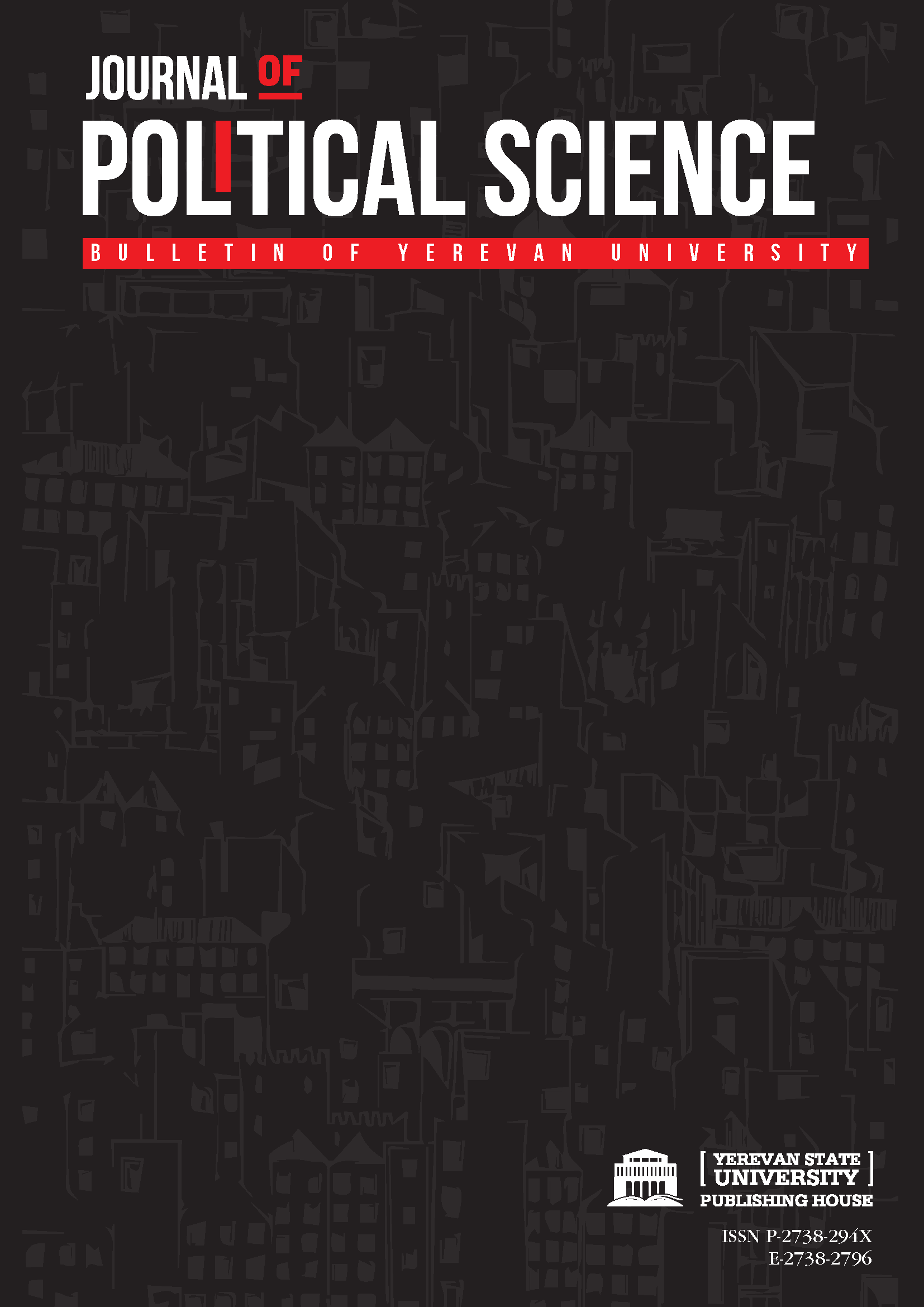Freedom and Happiness: Does Freedom Make People Happy?
DOI:
https://doi.org/10.46991/JOPS/2022.1.1.140Keywords:
Freedom, Happiness, Liberty, political prisoner, tradition, value, Utilitarianism, Freedom House, Happy Planet Index, World Values SurveyAbstract
The article analyzes the relationship between freedom and happiness, in particular whether freedom makes people happy. The problem of freedom and happiness in the modern world affects the life of every person. Utilitarians argue that freedom, understood as the absence of constraints, increases people's happiness, as J. S. Mill argued in On Liberty. More recently there have been a number of empirical studies examining whether happiness levels are higher in societies that have more liberty. These studies are critically examined and some of the difficulties of establishing whether it is liberty or some other closely-related phenomena, such as democracy or development, that cause happiness are discussed. The article presents data from Freedom House and the Happy Planet Index to attempt to determine the effect of liberty on happiness. This enables us to determine the place of freedom in the hierarchy of values and understand its place in society and its significance for the individual.
References
Bentham, Jeremy. 1789. An Introduction to the Principles of Morals and Legislation. Oxford: Clarendon Press. https://doi.org/10.1093/oseo/instance.00077240
Brooks, Arthur C. 2008. “Free People Are Happy People.” City Journal 80 (Spring). https://www.city-journal.org/html/free-people-are-happy-people-13080.html
Carter, Ian, Matthew H. Kramer, and Hillel Steiner, ed. 2007. Freedom: A Philosophical Anthology. Oxford: Blackwell Publishing Ltd.
Dworkin, Gerald, ed. 1997. Mill’s On Liberty: Critical Essays. Lanham: Rowman and Littlefield.
Freiman, Christopher. 2016. “Utilitarianism.” In: Arguments for Liberty, edited by Aaron Ross Powell, and Grant Babcock, 9-47. Washington D.C.: Cato Institute.
Glover, Jonathan, ed. 1990. Utilitarianism and Its Critics. New York: Macmillan.
Gray, John, and G. W. Smith, ed. 1991. J. S. Mill On Liberty in Focus. London and New York: Routledge.
Inglehart, Ronald, and Hans-Dieter Klingemann. 2000. “Genes, Culture, Democracy, and Happiness.” In: Culture and Subjective Well-Being, edited by Ed Diener, and Eunkook M. Suh, 165-183. Cambridge, Massachusetts: MIT Press.
Layard, Richard. 2005. Happiness Lessons from a New Science. New York: Penguin Press.
Mill, John Stuart. 1859. On Liberty.
Mill, John Stuart. 1863. Utilitarianism.
Smart, J. J. C., and Bernard Williams. 1973. Utilitarianism: For and Against. Cambridge: Cambridge University Press.
Ten, C. L., ed. 2009. Mill’s on Liberty: A Critical Guide. Cambridge: Cambridge University Press. https://doi.org/10.1017/CBO9780511575181
Veenhoven, Ruut. 2000. “Freedom and happiness: A comparative study in forty-four nations in the early 1990s.” In: Culture and Subjective Well-Being, edited by Ed Diener, and Eunkook M. Suh, 257–288. Cambridge, Massachusetts: MIT Press.
Downloads
Published
How to Cite
Issue
Section
License
Copyright (c) 2022 Simon Clarke

This work is licensed under a Creative Commons Attribution-NonCommercial 4.0 International License.







